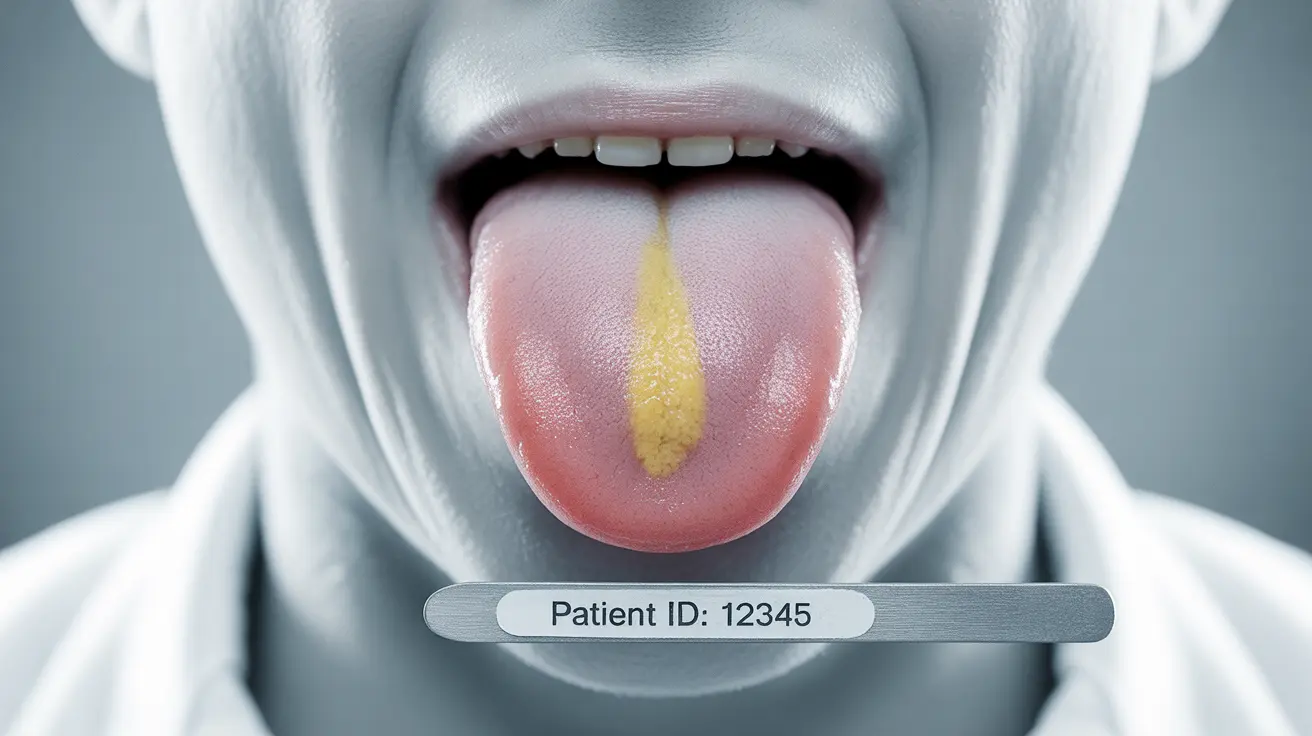A yellow-colored tongue can be an unexpected and concerning side effect of various medications. Understanding which drugs might cause this condition and why it occurs is crucial for both patients and healthcare providers. This comprehensive guide explores the medications known to cause yellow tongue, their mechanisms of action, and when to seek medical attention.
Common Medications Associated with Yellow Tongue
Several types of medications can lead to yellow discoloration of the tongue through different mechanisms. Here's what you need to know about the main categories:
Antibiotics
Certain antibiotics can cause yellow tongue discoloration through multiple mechanisms. These medications may alter the natural balance of oral bacteria or interact with substances in the mouth, leading to temporary yellowing. Common examples include tetracyclines and some broad-spectrum antibiotics.
Iron Supplements
Iron supplements are well-known for causing temporary staining of the tongue. The iron particles can interact with saliva and bacteria in the mouth, sometimes resulting in a yellowish or brownish discoloration. This effect is usually temporary and resolves with proper oral hygiene.
Bismuth-Containing Medications
Medications containing bismuth, such as certain antacids and anti-diarrheal drugs, can react with sulfur compounds in the mouth. This reaction may lead to temporary black or yellow discoloration of the tongue and other oral tissues.
Understanding the Mechanism
Most medication-induced yellow tongue occurs through one of these primary mechanisms:
- Direct staining from the medication itself
- Changes in oral bacterial composition
- Chemical reactions between the drug and oral compounds
- Alterations in saliva production or composition
Prevention and Management
If you're taking medications known to cause yellow tongue, consider these preventive measures:
- Maintain excellent oral hygiene
- Brush your tongue gently but thoroughly
- Stay well-hydrated
- Use a tongue scraper as recommended by your healthcare provider
- Take medications as directed, with plenty of water
When to Seek Medical Attention
While medication-induced yellow tongue is often harmless, certain symptoms warrant medical evaluation:
- Persistent discoloration lasting more than two weeks
- Accompanying pain or soreness
- Changes in taste or breath
- Difficulty eating or swallowing
- Other unusual oral symptoms
Frequently Asked Questions
What medications are known to cause a yellow tongue as a side effect?
Antibiotics (particularly tetracyclines), iron supplements, bismuth-containing medications, and certain antacids are common causes of yellow tongue. The effect is usually temporary and resolves with proper oral hygiene and completion of the medication course.
How can antibiotic use lead to yellow discoloration on the tongue?
Antibiotics can alter the natural balance of oral bacteria and interact with substances in the mouth, leading to yellow discoloration. This often occurs through changes in the oral microbiome or direct chemical reactions between the medication and oral compounds.
Can iron supplements or stomach acid medications cause yellow tongue staining?
Yes, iron supplements commonly cause tongue staining due to iron particle interactions with saliva. Similarly, some stomach acid medications, particularly those containing bismuth, can react with compounds in the mouth to cause temporary yellowing.
What home care steps can help reduce yellow tongue caused by drugs or poor oral hygiene?
Regular tongue brushing, using a tongue scraper, maintaining good oral hygiene, staying hydrated, and following proper medication administration guidelines can help minimize yellow tongue discoloration. Using a soft-bristled toothbrush and gentle cleaning techniques is recommended.
When should I see a doctor if my yellow tongue is accompanied by other symptoms?
Seek medical attention if the yellow discoloration persists for more than two weeks, or if you experience pain, soreness, changes in taste, difficulty swallowing, or other unusual oral symptoms. These could indicate an underlying condition requiring medical evaluation.




